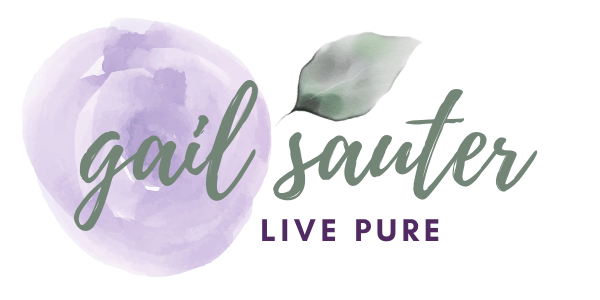Or should I say “Don’t get milk”? Were you one of those kids who was told to drink your milk… at EVERY meal? I know I was! And it was always a struggle – I never liked it.
Now-a-days, consumption of dairy- cow’s milk in particular- has become a highly debatable subject. And since there is really no “one size fits all” diet, there is really no one right answer. I will list pros and cons here. I highly encourage you to take this knowledge along with tuning into the needs of YOUR body to decide what is best for YOU….
PROs of Consuming Dairy Milk:
- Packed with essential nutrients such as calcium, potassium, phosphorus,protein, vitamin A, vitamin D, vitamin B12,riboflavin, and niacin
- It’s a good source of protein – contains more than non-dairy milk, about 8 grams per cup- regardless of whether it’s skim or full fat.
- The trio of calcium, potassium and magnesium found in milk may help to keep blood pressure at a healthy level
- Calcium helps to maintain a good pH level. If your body becomes too acidic, you are at higher risk for developing chronic disease.
CONs of Consuming Dairy Milk:
- The milk we purchase is pasteurized (processed), which removes nutrients
- Milk is higher in calories than plant-based counterparts, like almond milk
- Antibiotics and synthetic hormones given to factory farmed cattle make their way into your milk supply. If milk is NOT organic, ‘steer’ clear. No pun intended!
- Contains lactose, a common allergen
- Higher in carbs (mostly coming from lactose)
- Contributes cholesterol and fat into the diet. In excess, this poses a risk of heart disease.
- Can cause cramping, gas and even diarrhea – MANY people have an undiagnosed lactose intolerance
- The inability of the body to breakdown milk sugars if consumed in excess may cause certain cancers
- Many people are unknowingly sensitive to casein, a milk protein. This can lead to mucus buildup, asthma, bronchitis and other respiratory issues and ailments
- May increase risk of prostate or ovarian cancer
- Walter Willett, MD, PhD, head of the nutrition department at the Harvard School of Public Health, states that there is little to no proof that drinking milk reduces the risk of bone fractures
- D-galactose, which is produced as lactose breaks down, can cause inflammation
Could go either way:
- Contains saturated fat. We were told to stay away from saturated fat. But that way of thinking is changing. If the source is from high quality animal fat (i.e.: grass fed beef), getting some saturated fat in your diet, in moderation, is not a bad thing at all!
Developing a sensitivity to dairy products is common. This results from either an intolerance to lactose or an intolerance to either whey or casein (the proteins found in milk). Symptoms of lactose intolerance would be stomach upset, bloating and nausea. Whey or casein sensitivities could result in either constipation or diarrhea. Tingly fingers, joint pain, and brain fog are also common. These symptoms may take a while to manifest after eating dairy– anywhere from several hours up to a day or two.
A reliable test: eliminate dairy for 4 weeks. Note how you’re feeling. Then add it back in and watch for symptoms.
The “dairy debate” is a perfect example of the fact that nutrition is NOT an exact science – we must each be our own sleuths. So listen to your body. Keeping a food mood journal over a period of time will assist in your investigation.
And if you are a milk drinker – please. please – go organic. It might cost a dollar or two more, but you don’t need to ingest all the hormones and antibiotics from factory-farmed cows! You are worth it!
How do you feel about dairy? Please post a comment below.
Need help? I’m here for you. Head over to TheRightTrackWellness.com and let’s talk!
This information is for general purposes only and is not intended to diagnose, treat, prevent or cure any disease. Health Coaching is not intended to be a substitute for medical advice from a qualified, licensed professional.
